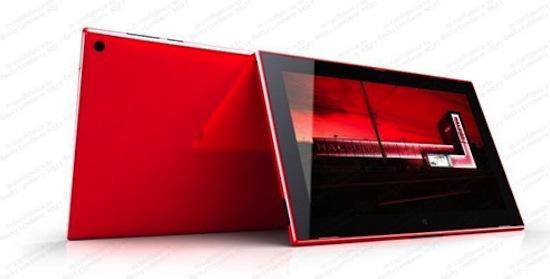
Throughout the year, I wanted to find out a very simple question: why you aren't using the things you're not using. It is a simple question, yes, but it's a question that can elicit so many different, varying answers that I find it incredibly interesting. That's why I wanted to ask all of you. I didn't want to just know why one mobile operating system was "the best," or why another may take that title. I wanted to know why you didn't use a certain platform. Why you chose to skip it and go with something else.
I expected there to be a wide array of answers for each platform, and sure enough, those who replied had all sorts of reasons why they didn't use a certain OS. Some people didn't like the company behind the mobile operating system, while others thought a certain OS was simply missing too many features. Others didn't like the lack of updates, and others pointed to a lack of apps for their inability to make the switch.
We ended our adventure through the mobile operating systems back in July -- or so I thought. We started with Android back in April, then covered iOS in May. In June, I asked you why you don't use BlackBerry 10, and then finally we wrapped it up with Windows Phone. In each subsequent article, those who replied gave me (usually) succinct reasons why those operating systems didn't fill the bill for their daily needs, and why they chose to go with something else.
I realized today that I hadn't considered another operating system specifically designed for the mobile space, albeit a different type of mobile space.
In truth, Microsoft's current generation of Windows-based devices, and their naming schemes, are scattered as they always have been. There's nothing all too surprising that Windows 8 has different names attached to it, or that Microsoft has a platform that looks like Windows 8, and even runs on tablets, but really isn't Windows 8.
But, Windows 8 is designed for PCs. It is the full-fledged operating system, while Microsoft's look-alike shell-of-an-OS is meant specifically for touch-based tablets. It's the "mobile version" of Windows 8. In truth, Microsoft sees Windows RT as the "true competitor" to things like an iOS-based iPad, while Windows 8 isn't meant to compete with anything iOS related.
That makes sense, for obvious reasons.
Ever since launch, Windows RT has been scorned for its lack of apps, as well as its missing Desktop (which is available only via Windows 8). You can hear people today that are convinced Windows RT doesn't need to exist. Moreover, there have been manufacturers who have "suggested" (or outright confirmed) the same belief. Still, we know that Microsoft isn't giving up on Windows RT, and that there are indeed new devices coming down the pipe.
It could be left up to Nokia's upcoming Windows RT tablet, codenamed Sirius, to convince the market that Windows RT has a place in this world. However, with rumors swirling that it will cost around $499, that may be a tough sale.
But, where do you stand? Why aren't you using Windows RT? Do you need the Desktop found only in Windows 8? Or do you simply refuse to use a Windows-based device? Let me know what you think.